The 7th fleet
The US Navy in East Asia For more than 70 years, the US Navy's 7th Fleet, established in 1943, has maintained a permanent force presence in the waters of East Asia. The 124 million square kilometre area of responsibility covers the western half of the Pacific Ocean and most of the Indian Ocean; it runs from 180 degrees longitude (International Date Line) to the coastal boundary line between India and Pakistan and from the Kuril Islands down to Antarctica. There are 36 coastal or island states in the area in question, which together make up fifty per cent of the world's population. Among these 36 nations are five allied states (Australia, Japan, the Philippines, South Korea and Thailand),...
Read More

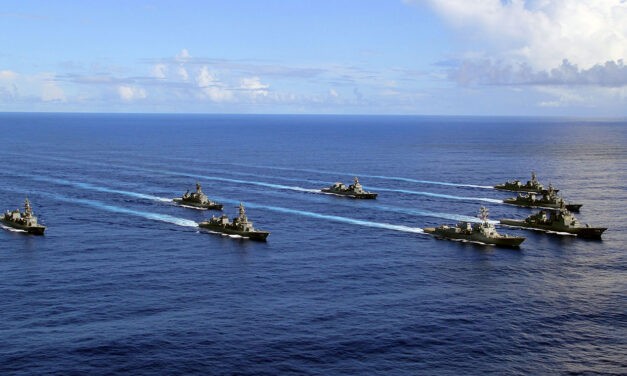
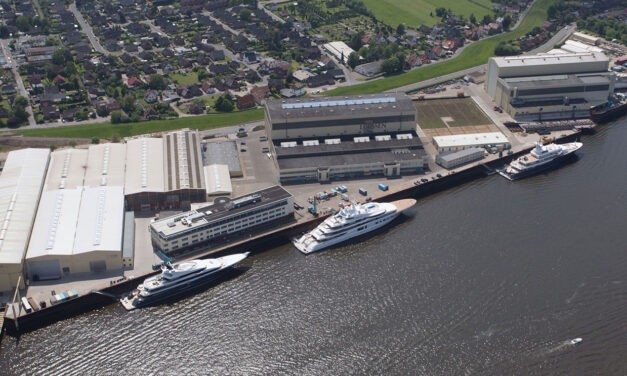
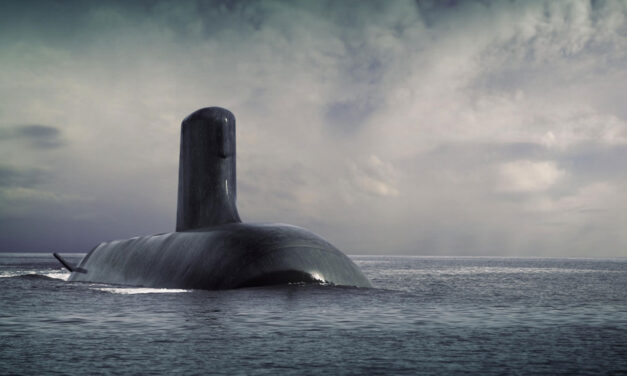
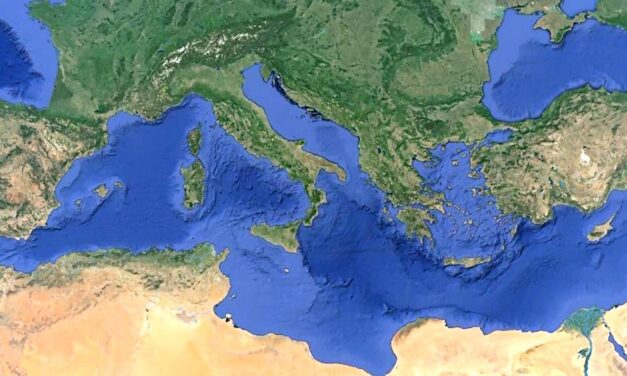
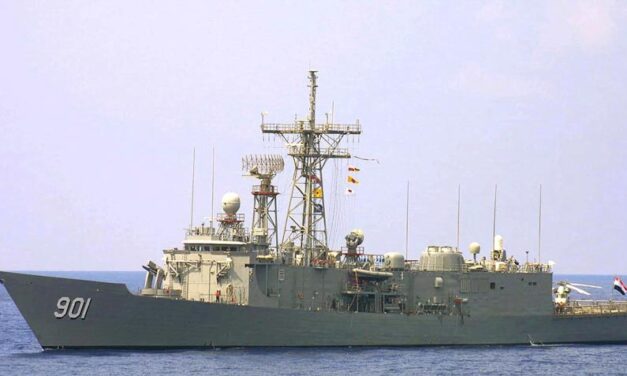
Latest comments